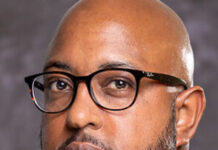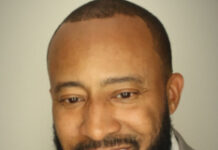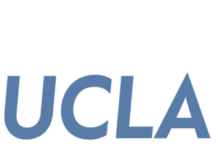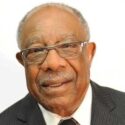 Each year the characteristics and attitudes of first-year college students are surveyed by the Cooperative Institutional Research Program at the Higher Education Research Institute at the University of California at Los Angeles. This nationwide survey compares current first-year students in terms of characteristics such as family income, grades in high school, and future goals. In addition, the survey contains statistics on a wide variety of personal traits such as study habits, political views, and social activities.
Each year the characteristics and attitudes of first-year college students are surveyed by the Cooperative Institutional Research Program at the Higher Education Research Institute at the University of California at Los Angeles. This nationwide survey compares current first-year students in terms of characteristics such as family income, grades in high school, and future goals. In addition, the survey contains statistics on a wide variety of personal traits such as study habits, political views, and social activities.
Unfortunately, the race-related data in the UCLA survey is limited to students at historically Black colleges and universities and includes no information on differences between Black and White students at predominantly White colleges and universities.
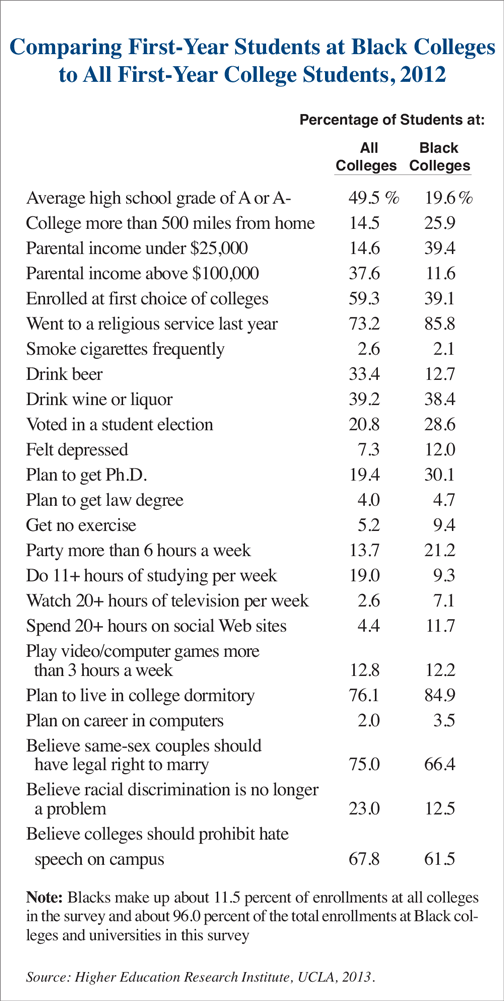
This year’s data shows that students at Black colleges are less likely than college students generally to smoke cigarettes or drink alcohol. Students at Black colleges are more likely than college freshmen generally to feel depressed and spend far more time on social networking websites and watching television.
The data shows that students at Black colleges are more likely than college students generally to travel 500 miles or more from home to attend school. Students at HBCUs are more likely to go to church and are less likely than college students generally to support same-sex marriages and abortion.
One must remember that many historically Black colleges and universities are affiliated with conservative religious organizations. Given this fact, it is no surprise that African-American students at these colleges are more likely to hold more conservative views and positions than is the case for African-American college students generally. On many issues, students at Black colleges tend to be more conservative than college students generally.
Historical Trends
Surveys of the attitudes and behaviors of college freshmen have been conducted by the UCLA group every year since 1966. As a result, we are able to track over time the change in the opinions of first-year students at Black colleges on a number of important issues. Here are some comparisons:
- Today’s students at Black colleges are not as politically liberal as students were at Black colleges in the 1960s. Students at Black colleges became more conservative during the Reagan years of the 1980s. Then, during the Clinton years, there was a slow drift to the left. Since the turn of the century, the percentage of Black first-year students who identify themselves as liberals and the percentage who identify themselves as conservatives have both increased. Like the nation as a whole, first-year students at the Black colleges are becoming increasingly polarized.
- Today’s first-year students at Black colleges are far less likely than students in their parents’ generation to smoke cigarettes. In 1966, 14 percent of all first-year students at black colleges smoked cigarettes. By 1990 only 1.4 percent of freshmen at Black colleges smoked cigarettes. This was the lowest level in the 46 years of the UCLA survey. During the 1990s there was a significant surge in smoking by freshmen at Black colleges. In 1998, 4.1 percent of first-year students at Black colleges smoked. This was nearly triple the rate of 1990. Perhaps some of this increase can be explained by the fact that during this period the Black colleges started to recruit more white and Hispanic students, and these students are more likely than Black students to smoke cigarettes. But the trend seems to have reversed again. Only 2.1 percent of all first-year students at Black colleges in the latest survey report that they smoke cigarettes.
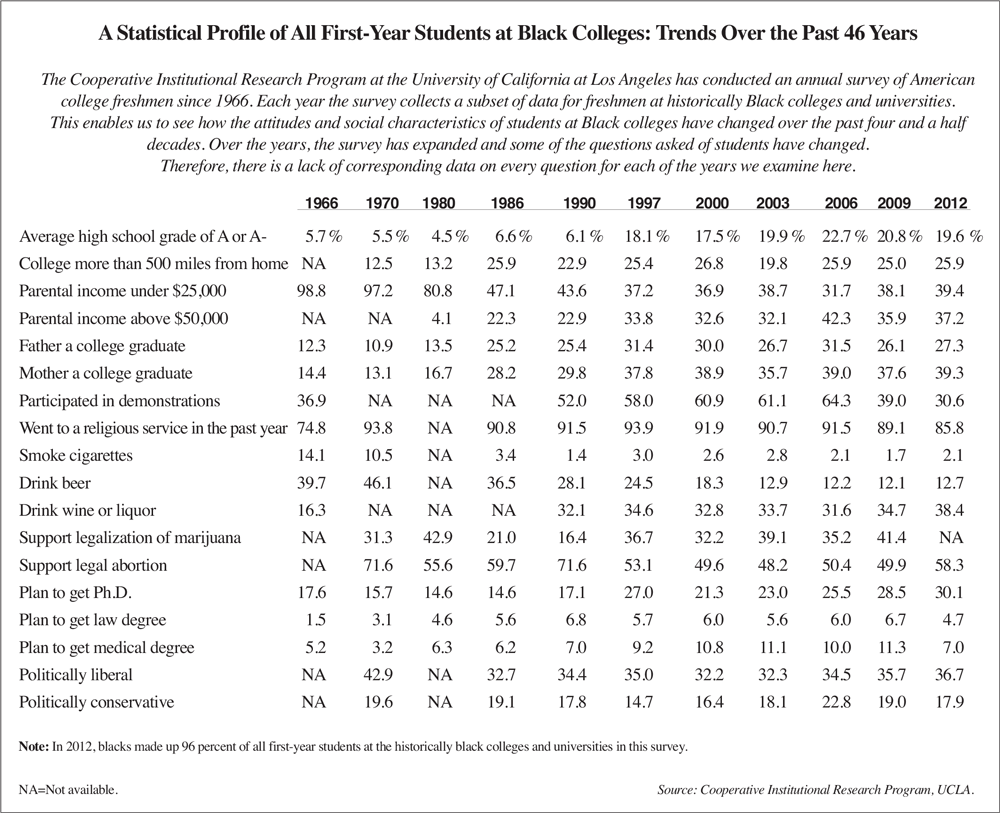
- In 1970, when the legal drinking age in many states was 18, more than 46 percent of first-year students at Black colleges drank beer. That percentage has steadily decreased. Today only 12.7 percent of freshmen at Black colleges drink beer.
- Currently 38.4 percent of the first-year students at Black colleges drink wine or liquor. This is more than double the rate that existed in 1966. The fact that Black women have become a far larger percentage of total enrollments at the Black colleges over the past 46 years is undoubtedly a major component of the long-term drop in beer drinking and the rise in wine drinking among first-year students at the Black colleges.
- From the early 1970s to just recently the percentage of first-year students at Black colleges who attended church remained virtually constant at over 90 percent. But in recent years the percentage of students at the Black colleges who attend church has decreased. The latest figure is 85.8 percent.
- The percentage of first-year students at Black colleges who support a woman’s right to have an abortion had increased significantly since the turn of the century. Yet it remains far below the support for abortion voiced by first-year students at Black colleges in both 1990 and 1970.
- The percentage of students at Black colleges who aspire to careers in law and medicine has dropped significantly in recent years. But the percentage of these students who hope one day to earn a Ph.D. is at an all-time high.
